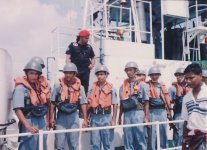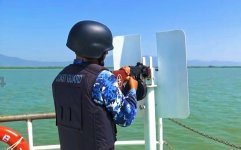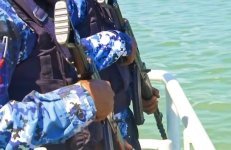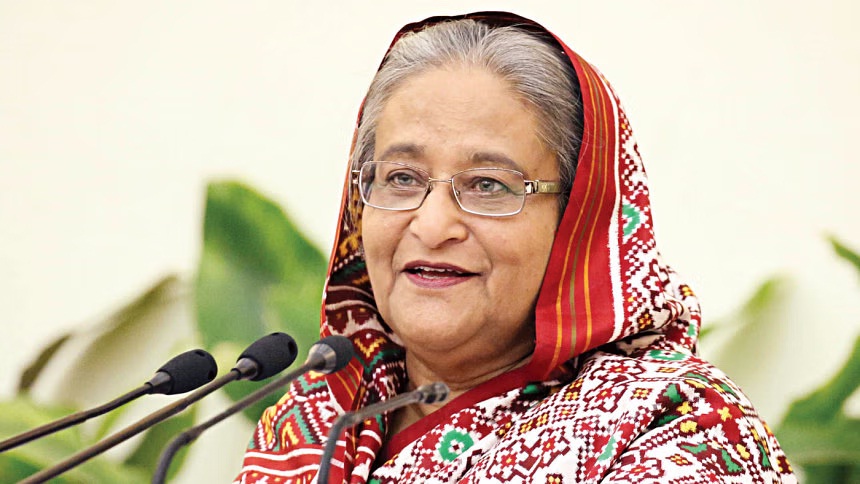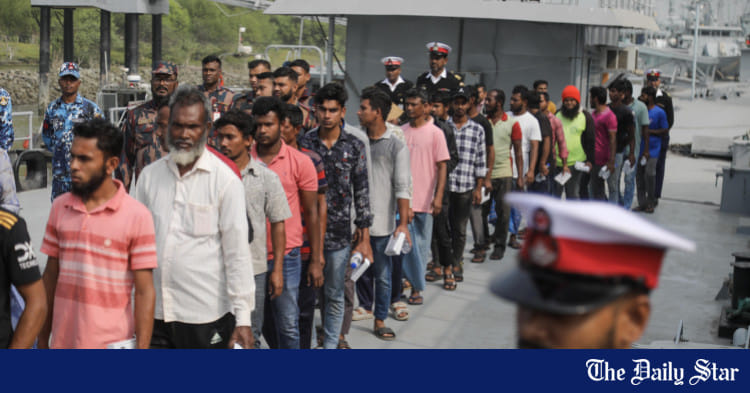Source
:
https://coastguard.gov.bd/
বাংলাদেশ কোস্ট গার্ড
Introduction of Bangladesh Coast Guard
Bangladesh Coast Guard has a good start to provide special assistance to the country's economic development by ensuring the proper use of the Coast Guard and the proper utilization of the resources of the rich Bangladesh sea resources. Development of the socio-economic system of the Bay of Bengal, the river-maternal river lies in the use of different rivers and large seas own land. Independence In the absence of proper marine law and order forces in Bangladesh, the Bangladesh Navy was playing the role of Coast Guard in addition to its own responsibilities. As the responsibility of protecting the law and order in the civil administration is not covered by the Bangladesh Navy, the necessity of establishing a separate marine law and order for the purpose of ensuring proper utilization of sea resources, including the security of the life of the coastal areas, is necessary. As a result, Bangladesh Coast Guard was formed by passing the "Coast Guard Act 1994" in the great parliament, and on 14th February 1995 Bangladesh Coast Guard started its journey as a semi-military force.
To reach the establishment, the Bangladesh Coast Guard has been working with utmost devotion and reliance on the coastal areas, coastal areas and various rivers in the country. In the later times, the coast guard of Bangladesh has become a symbol of trust and dependence in the coastal region.
Over 90 percent of the total trade in Bangladesh is imported and exported on the sea route. Any impediment to this import export can stop the country's economy. Therefore, there is no alternative to the coastguard's active role to ensure the flow of all types of domestic and foreign ships used for export and flow of rivers and sea by sea and sea. The requirement of Bangladesh Coast Guard to uphold all the rights of the EEZ up to 200 nautical miles, essential to the 12 nautical miles from the seashore and according to the national norms, is essential. The main occupation of the people living in coastal areas of this country and about 30 percent of the revenues are dependent on marine fisheries. Besides, the Bay of Bengal is rich in natural gas, oil and many other unexplored mineral resources. Coast Guard has an important role to play in protecting these fisheries and mineral resources. Due to geographical location and long coastal areas of 710 KM, smuggling is more in sea and river routes. The coast guards have a very important role in controlling these obstacles. Besides, security of foreign and domestic ships coming to Chittagong and Mongla sea ports in the country, the coast guards have been playing an important role in the economic development of the country by providing security to tourists, mangals, shrimp farmers, middlemen and other people of the vast Sunderbans. Bangladesh Coast Guard has been welcomed by the Coast Guard, participating in the overall assistance of the coastal people in the storm surge, tsunami, tsunami and disaster weather and participated in relief and rescue operation. So, the Coast Guard's contribution to national and economic development is immense.
Background
Before the formation of the Bangladesh Coast Guard, after the independence of Bangladesh, the Bangladesh Navy was responsible for all the defense responsibilities of the sea. With the increase of economic activity over time, the importance of the sea continued to increase and along with the navy's own responsibilities, it is difficult to perform additional responsibilities in the coastal areas. In continuation of this, the Coast Guard Act 1994 was passed in the 1994 Great Jubilee in September 1994 and "GUARDIAN AT SEA" was formed in this fundamental point of view, Bangladesh Coast Guard was formed. In the continuation of the development of the coast guard, the Coast Guard Act-2016 has passed the great parliament on the last 13 March 2016. Bangladesh Coast Guard is currently performing the duties of law and order, smuggling, illegal fisheries and piracy.
Today’s Bangladesh Coast Guard is a unique force that carries out an array of civil and military responsibilities touching almost every facet of the Bangladesh maritime environment. During from up of Bangladesh Coast Guard, following officers were the pioneer:
- Commodore Shafiq-Ur-Rahman, (N),ncc, psc, BN - (Director General).
- Captain N A Choudhury, (G), psc, BN - (Director, Ops & Tech).
- Commander K M Hassan, (C), psc, BN - (DD, East Zone).
- Commander S A M A Abedin, (E), psc, BN - (DD, Ops & Tech).
- Commander M R Hussain, (N), BN - (DD, West Zone).
Aim and Purpose
Over 90% of Bangladesh exports and imports are carried out through two sea ports at Chittagong and Mongla. Sea-lines of communication to these two sea ports are the life lines of our economy. UNCLOS 1982 has made provision for sovereign rights for exploration and exploitation of living and nonliving resources in the EEZ. Fishery sector contributes an important part of national export. Besides, huge living and nonliving resources and deposited in our sea area. Apart from these, a vast number of ships and craft of various types and sizes operate at sea for trade, commerce, fishing, research, exploration and extraction of oil, gas and minerals and so on. To exercise effective control, to ensure safety and security and protect national and international maritime interest at sea , all these diverse activities are brought under various National and International laws and acts.
Mission:
Control piracy, illegal trafficking, protect fishery, oil, gas, forest resources and environmental pollution in Bangladesh waters and coastal areas. Ensure overall security and law and order through security assistance to seaports, conduct relief and rescue operation in the coastal areas during a natural calamity
Primary Role:
- Preserve national interest at sea
- Fishery protection
- Prevent illegal immigration through the sea
- Pollution control
- Piracy control
- Prevent smuggling, trafficking of illegal arms, drugs and narcotics
- Disaster relief operations
- Search and rescue operations
- Preservation of forest
- Surveillance over the sea areas of Bangladesh
- Carry out any other duty assigned by the government
Secondary Role:
Assist Bangladesh Navy during war.



